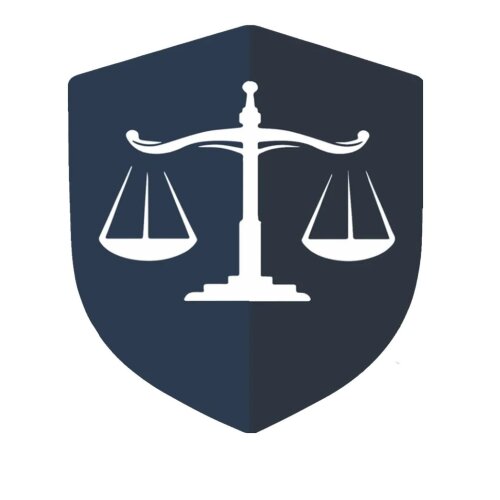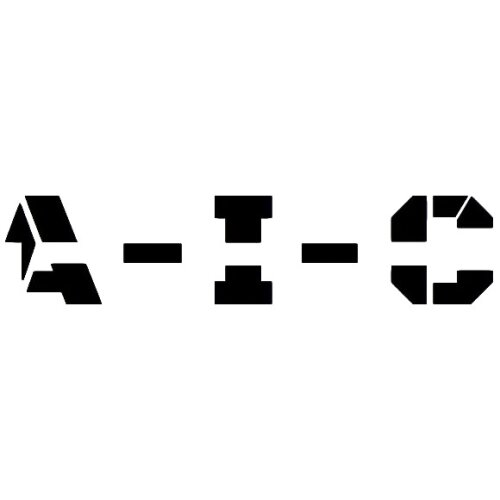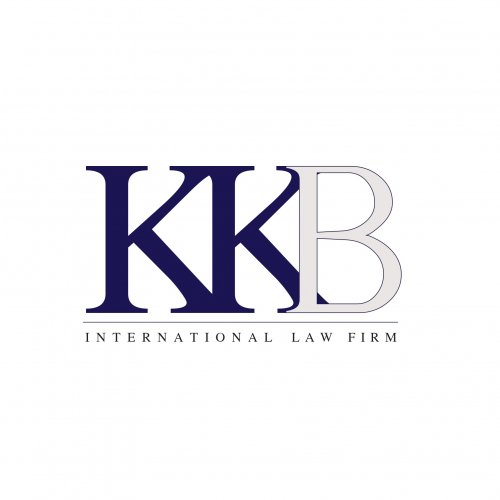Best Creditor Lawyers in Thailand
Share your needs with us, get contacted by law firms.
Free. Takes 2 min.
Or refine your search by selecting a city:
List of the best lawyers in Thailand
About Creditor Law in Thailand
Creditor law in Thailand encompasses a range of legal practices and regulations intended to protect the rights and interests of both creditors and debtors. It is vital for individuals and businesses involved in lending or borrowing money to understand the legal framework that governs these financial transactions. Creditor law provides mechanisms for creditors to recover debts, either through negotiation, mediation, or litigation, in the event of default by debtors. In Thailand, the Civil and Commercial Code, Bankruptcy Act, and other related statutes form the backbone of creditor protection and debt recovery processes.
Why You May Need a Lawyer
There are several situations in which individuals or businesses may require legal assistance in the field of creditor law in Thailand:
- Debt Recovery: If you are a creditor seeking to recover an outstanding debt from a debtor who is unwilling or unable to pay, legal intervention may be necessary.
- Bankruptcy Proceedings: In cases where a debtor is declared bankrupt, creditors may need legal guidance to ensure their interests are protected during the proceedings.
- Debt Restructuring: Creditors facing financially distressed debtors may require a lawyer to negotiate debt restructuring arrangements.
- Dispute Resolution: Legal disputes between creditors and debtors may require mediation or litigation to resolve.
- Contractual Agreements: Drafting, reviewing, or enforcing loan agreements often requires the expertise of a lawyer.
Local Laws Overview
The key aspects of local laws relevant to creditors in Thailand include:
- Civil and Commercial Code: This code outlines the fundamental principles of contract law and sets the guidelines for creditor and debtor relationships.
- Bankruptcy Act: This act details the procedures and requirements for declaring bankruptcy and the rights of creditors during bankruptcy proceedings.
- Enforcement of Judgments: Creditors may need to enforce court judgments if a debtor fails to comply with a legal decision regarding debt repayment.
- Interest Rates and Fees: Thai law regulates the maximum interest rates and fees that creditors can charge, ensuring fair lending practices.
Frequently Asked Questions
What is the process for collecting a debt from a debtor in Thailand?
The process involves negotiation, sending demand letters, and potentially filing a lawsuit if the debtor fails to comply. Court intervention may be required to obtain a judgment for debt recovery.
How can a creditor enforce a court judgment in Thailand?
Once a judgment is obtained, creditors can work with court enforcement officers to seize assets or garnish wages to satisfy the debt.
What protections do creditors have under Thai law?
Creditors are protected by laws that ensure they can take legal action to recover debts, enforce contracts, and participate in bankruptcy proceedings to recover funds.
What happens if a debtor declares bankruptcy?
Creditors must file claims with the bankruptcy court to participate in the distribution of the debtor's assets according to their priority class.
Can foreign creditors recover debts in Thailand?
Yes, foreign creditors have the right to pursue debt recovery in Thailand but may need to comply with local legal procedures and regulations.
Are there any out-of-court options for resolving creditor-debtor disputes?
Mediation and negotiation are common out-of-court methods used to reach amicable settlements in creditor-debtor disputes.
What documentation is required for debt recovery suits?
Creditors typically need to provide the original contract, proof of payment demands, and any relevant correspondence with the debtor.
Is there a statute of limitations for debt collection in Thailand?
Yes, the statute of limitations for debt collection in Thailand is generally ten years from the date the debt became due.
What interest rates can creditors charge on loans?
Interest rates are regulated by law, with specific caps depending on the type of loan. It is essential to comply with the legal limits to avoid penalties.
Can a creditor seize assets without a court order?
No, creditors must obtain a court order or judgment to legally seize a debtor's assets.
Additional Resources
For those seeking further information or assistance, the following resources may be helpful:
- Thai Ministry of Justice
- The Law Society of Thailand
- Thailand Board of Investment (BOI)
- Chamber of Commerce in Thailand
- Legal aid societies and private law firms specializing in creditor law
Next Steps
If you need legal assistance concerning creditor law in Thailand, consider taking the following steps:
- Consult a recognized law firm or legal expert specializing in creditor law in Thailand for personalized advice and representation.
- Gather all relevant documentation, including contracts, communications with debtors, and any legal correspondence.
- Understand the specifics of your situation, including the amount owed, any payment history, and previous attempts at collection.
- Discuss your objectives with your legal counsel, whether it be settlement, litigation, or another outcome.
- Stay informed about the progress of your case and maintain regular communication with your lawyer.
Lawzana helps you find the best lawyers and law firms in Thailand through a curated and pre-screened list of qualified legal professionals. Our platform offers rankings and detailed profiles of attorneys and law firms, allowing you to compare based on practice areas, including Creditor, experience, and client feedback.
Each profile includes a description of the firm's areas of practice, client reviews, team members and partners, year of establishment, spoken languages, office locations, contact information, social media presence, and any published articles or resources. Most firms on our platform speak English and are experienced in both local and international legal matters.
Get a quote from top-rated law firms in Thailand — quickly, securely, and without unnecessary hassle.
Disclaimer:
The information provided on this page is for general informational purposes only and does not constitute legal advice. While we strive to ensure the accuracy and relevance of the content, legal information may change over time, and interpretations of the law can vary. You should always consult with a qualified legal professional for advice specific to your situation.
We disclaim all liability for actions taken or not taken based on the content of this page. If you believe any information is incorrect or outdated, please contact us, and we will review and update it where appropriate.
Browse creditor law firms by city in Thailand
Refine your search by selecting a city.















